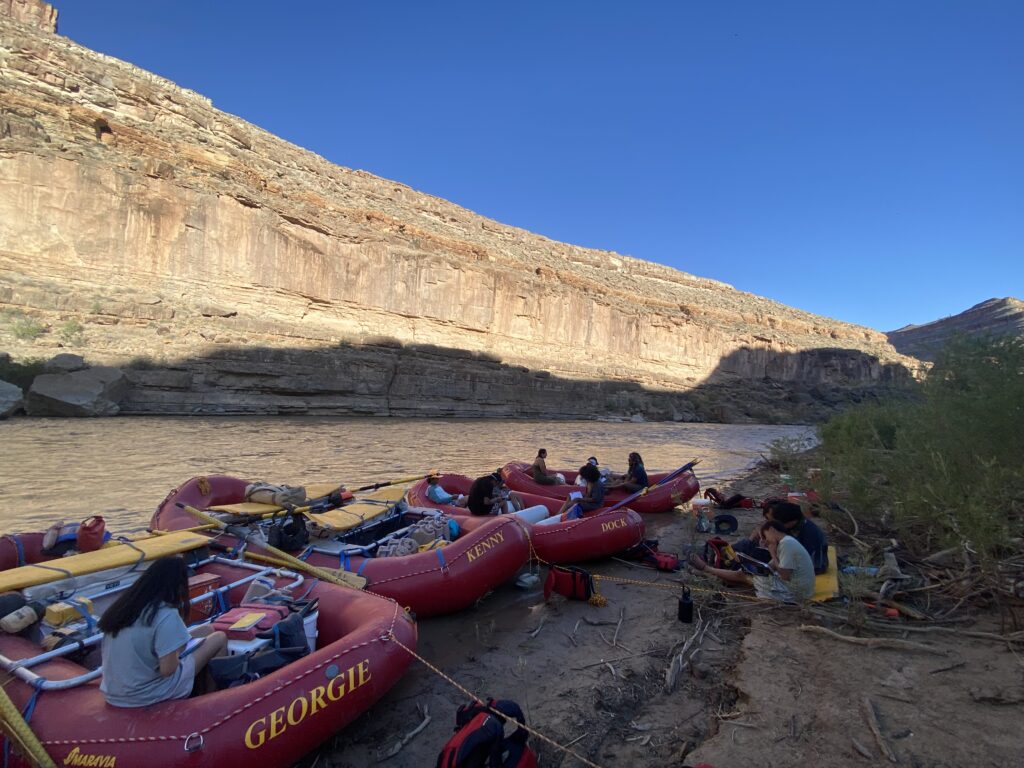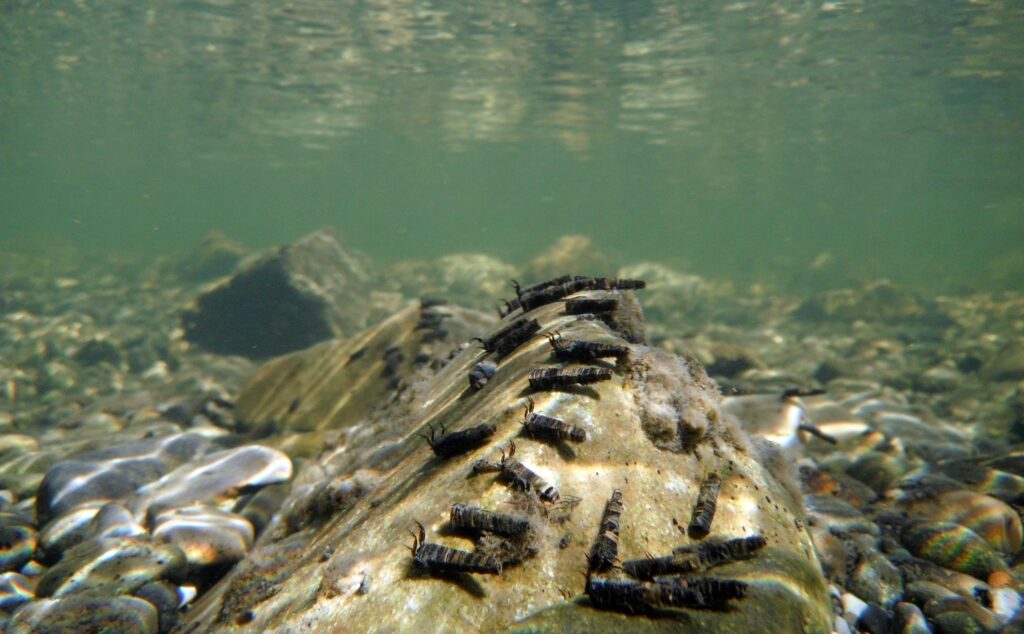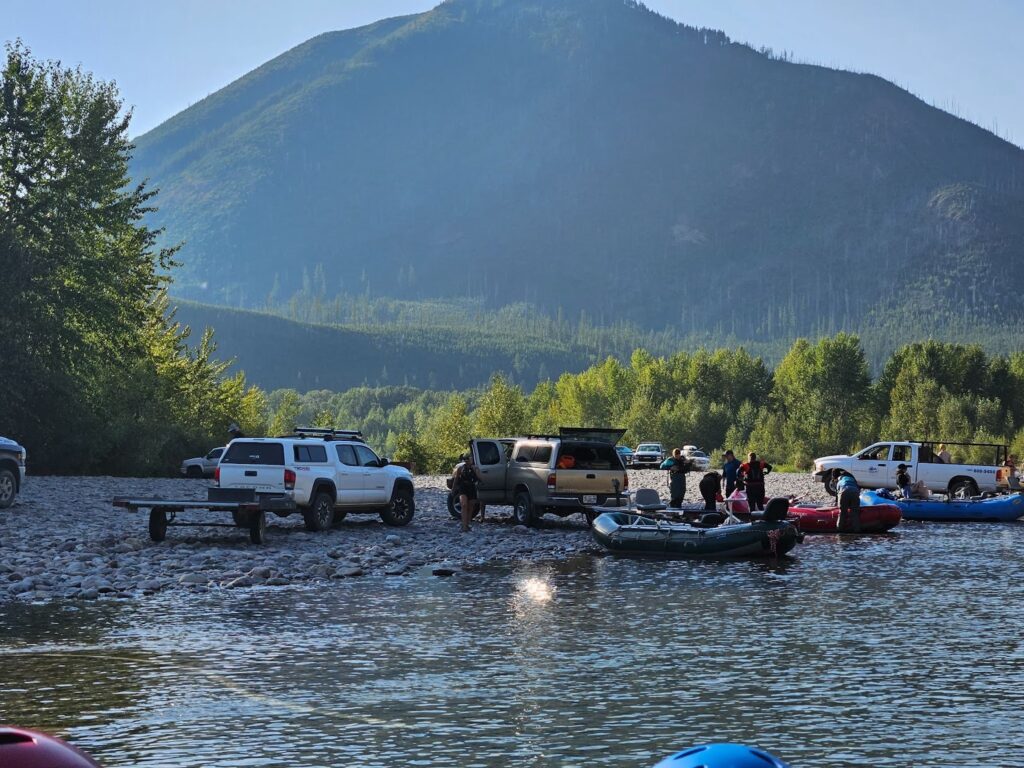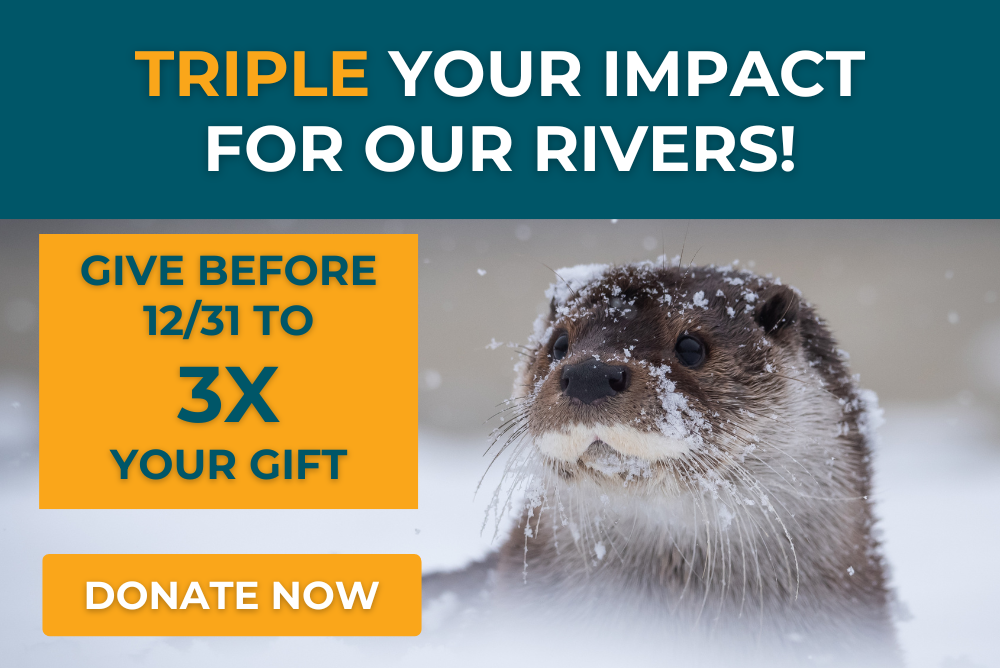My American Rivers Internship
Meg Parker is an intern with the Science and Economics Program. She has a degree in Environmental Science and Sustainability from Cornell University and is originally from Miami, FL.
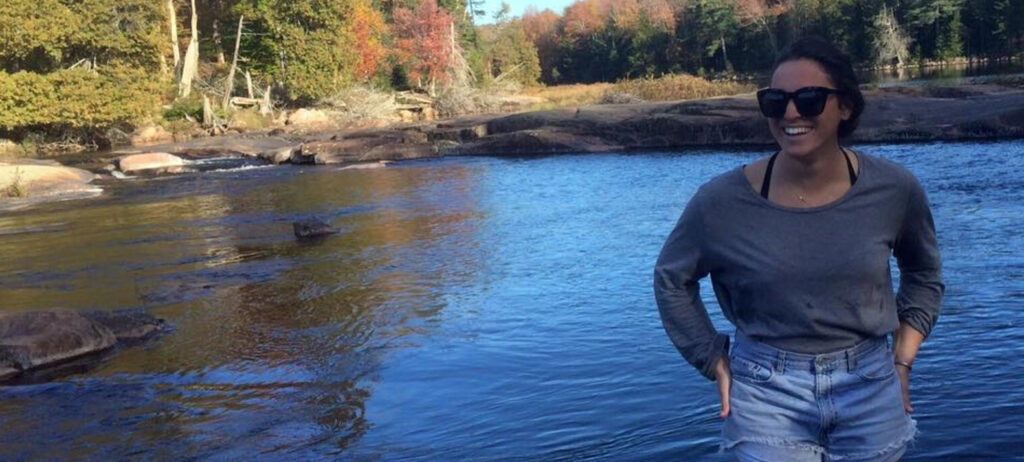
During my four years at Cornell, I was led to American Rivers time and again as I worked on research projects and essays. The American Rivers’ website and staff helped me answer questions on dam impacts, river conservation, and clean up strategies. With graduation looming, I set off on a quest to find an environmental NGO that focuses on the intersection of freshwater science and policy to gain experience in the field; again, I returned to the AR website to apply for a summer internship.
In May, I moved to DC to begin my internship with the Science & Economics Program. From day one I was exposed to AR staff’s diverse work and the motivating environment which attracted me to Washington, DC in the first place. I am currently summarizing peer-reviewed published science related to a variety of topics in order to inform AR’s current and future work. This keeps me engaged on the various topics that the dedicated and talented AR staff focuses on.
I am also organizing staff programming, including a reading group related to freshwater science. The science reading group will provide an opportunity for the staff to discuss how science can better inform all of their work and the future of river conservation. I want to work at the interface between science and policy to promote collaboration and remain engaged in both fields. After taking several science classes and policy classes I realized that each had a specific jargon and a lot to share. I became interested in the cross between science and policy because of the disconnect I perceived.
I want to be involved in bringing people together to collaborate and build strong, evidence-based policy. The interface is important because policies’ success derives from an understanding that policies are not made in isolation. Law, science, economics, politics and public opinion are all important factors that go into policy. But how science can inform policy such as the Waters of the United States Rule or decisions about ecosystem flow management is my primary interest.
AR is a recognized leader because their conservation work is informed by current scientific understanding. I have had a wonderful summer so far learning a wide range of skills and lessons – from the effects of hydrologic alterations to the willingness of freshwater scientists to participate in a conversation on Twitter. I am looking forward to contributing to AR’s continued success as I work towards my goal of having the skills to mediate science and policy, while living in a world where I can swim in any river because freshwater is a priority.
About the author: Meg Parker is an intern with the Science and Economics Program. She has a degree in Environmental Science and Sustainability from Cornell University and is originally from Miami, FL.
